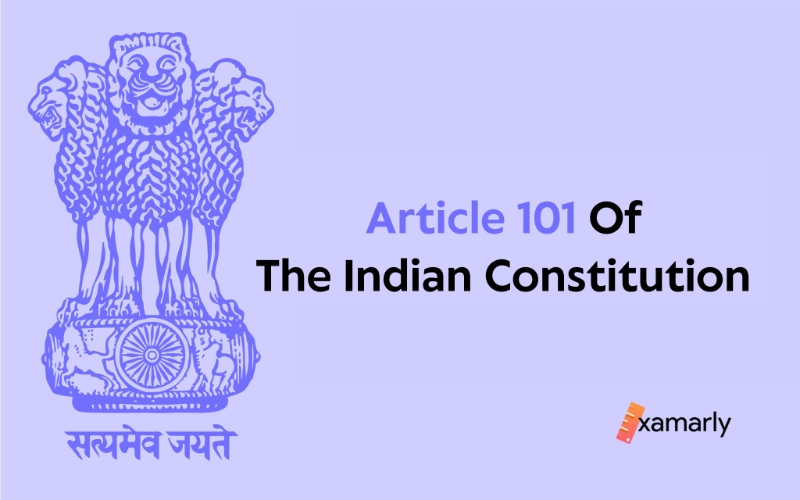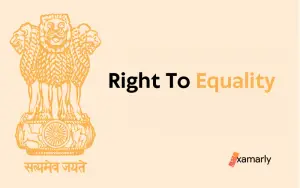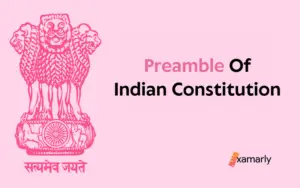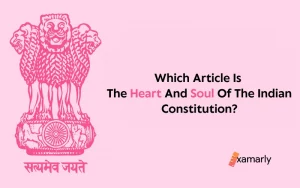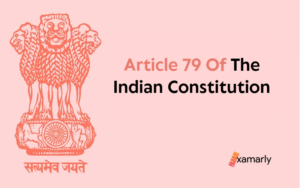Article 101 of the Indian Constitution talks about whether chosen individuals can be elected for the two Houses of Parliament – Rajya Sabha and Lok Sabha). These people are picked by the government to address their specific Parliamentary constituencies.
For illustration, in Lok Sabha elections, a person can hold a membership for five years, or until the President or the Council of Ministers dissolves the picked body.
In this piece, however, a few requirements are referenced to legitimize the seat vacancy in the House of Parliament.
People reading up for competitive exams, for example, the UPSC CSE prelims can find out about Article 101 by reading this further.
Provisions of Article 101 of the Indian Constitution
- According to the Constitution’s Article 101 modification, no one may hold office in both the Rajya Sabha and the Lok Sabha.
- Based on the regulation, Parliament can make constitutional provisions. They will, however, assess the individual picked by the two chambers.
- No person shall serve in either of the two Houses of a State’s Legislature or in a Parliament. If a person is elected to both Parliament and a House of a State’s legislature, their seat in Parliament will expire toward the end of the time period specified by the President’s rules unless they recently gave up their place in the state legislature.
- There is a special provision for the individual from both of the Parliament houses:
- They are subject to disqualifications for membership illustrated in Article 102 Clause (1) and condition (2).
- If a party notifies the Chairman or Speaker in writing that they are resigning from their position in the House of Representatives. At the point when a resignation is acknowledged, the seat automatically becomes vacant. A thorough investigation might start in the event that the Chairman or Speaker finds the letter unsuitable and the explanation involuntary. In such cases, the Chairman or Speaker has the power to dismiss the resignation.
- If an individual from either House of Parliament is absent without consent for 60 days, the House will proclaim the seat vacant. In any case, no move will be made on the off chance that the calculation shows that the opening was caused by conditions like a House adjournment of four days or more.
Also Read: The Powers And Functions Of Lok Sabha and Rajya Sabha
We trust that this article will help aspirants who’re reading up for the IAS and other UPSC exams. Point-by-point data on Article 101 can be found by visiting news portals and educational sites.
FAQs related to Article 101 of the Indian Constitution
Does Article 101 enable elected persons to serve in both Houses of Parliament?
No, according to Article 101, no one may hold office in both Houses of the Indian Parliament.
Are Articles 101 And 102 of the Indian Constitution similar?
No, Articles 101 and 102 of the Indian Constitution are two separate clauses. Both, however, deal with the seat vacancy and the laws that govern it.
Who is the Chief Architect of the Indian Constitution?
Dr. Bhimrao Ramji Ambedkar is acknowledged as the Father of the Indian Constitution.


